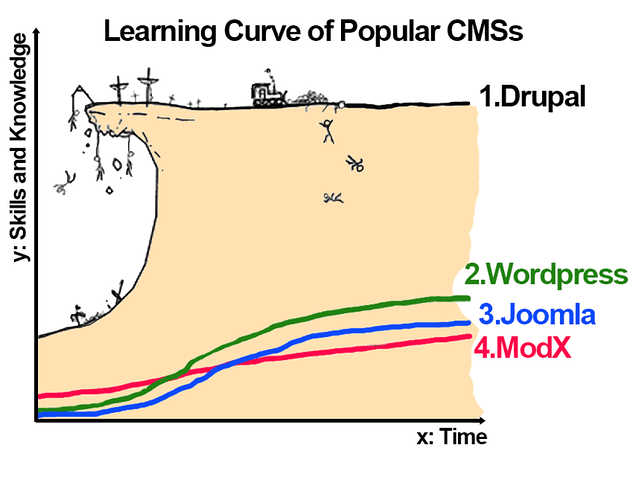That is an insightful way of interpreting the situation! The problems really are systemic, aren’t they? I also strongly agree with the importance of empowering people with the skills to meet their own needs, presenting information so that it can be easily understood and applied in constructive ways. Help people to find a meaningful “why,” then clearly demonstrate the “how” step-by-step.
If one is self-motivated and has reading comprehension skills, they can easily become “tech literate” for themselves as most things are well-documented…The same is true for learning just about any subject.
It would seem that general literacy and numeracy have steadily increased worldwide, but there are still areas of the world that remain unequal. In the case of the educational systems of the U.S. and U.K., if we exclude all other issues, I think one of the main problems is an ineffectual curriculum:
English teaching has gone from giving children methods to break down the spelling and meaning of words through phonics and etymology, to expecting them to remember and comprehend them completely by sight. Similarly, the teaching of mathematics still suffers from the residual effects of the “New Math” of the early 1960s, overemphasis on abstractions versus concrete examples. Some areas have taken this to extremes with the introduction of technology (e.g.: relying on calculators instead of teaching the algorithms for basic arithmetic, or neglecting handwriting with the expectation that students will be typing more).
The same is true for most academic subjects. For example, I think students would have a better foundation in Chemistry if there was more emphasis on recognizing different substances and using basic laboratory equipment to manipulate them. Unless one is going to continue their studies within the field of Chemistry, a lot of the atomic models and other abstractions taught within high school will probably become nothing more than “trivia” to them, if not wholly forgotten. That’s not to say they aren’t useful, just that a lot of time seems to be wasted on concepts that are unmotivated. I want to know the Psychohistory behind it so that I can reason through its development and apply it to my life, not be given a list of dates to memorize in order to pass a test!
…But I’m not a teacher, so take my opinion with a grain of salt.
In regards to complex systems, some of them also fail due to dishonesty or laziness, not necessarily a lack of comprehension. Has there also been a decrease in moral and civic education, an increase in social systems that encourage sociopathic behaviors, etc.?
It is interesting to think about how everything interconnects. I will look more carefully at the links that you have provided.

